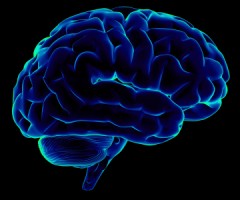Adolescence is a time of many transitions both for teens and their families. It is a time of life that can be marked by emotional turbulence and turmoil.
Adolescence is a time of many transitions both for teens and their families. It is a time of life that can be marked by emotional turbulence and turmoil. It isn’t always easy to know if a teen could benefit from therapy. Parents often struggle with trying to determine whether their teen’s behaviors and mood changes are developmentally appropriate or reflect a more serious concern that needs to be addressed.
Adolescents are very different from adults. Parents should not try to understand what their teen is going through from an adult perspective. Adolescents often have fears, emotions, stressors, and problems that many adults remember dimly or do not understand at all. A teen’s body, mind, emotions, coping skills, way of viewing the world, and way of viewing themselves can change at a very rapid pace. The establishment of a realistic self-concept (identity) is the most basic task of adolescence.
To ensure that teens and parents navigate these transitions successfully, it is important for both to understand what is happening physically, cognitively, and socially. Therapy can help parents better understand how these transitions affect their teens and what parents can do to support their teen’s healthy development.
At Petrus Psychology we encourage parents to “trust your gut.” If you are worried about your teen, then there is probably something that you are picking up on. We encourage parents to try to talk to your teen. If your teen asks for help, becomes more distant and disengaged from the family, or displays behaviors that you feel he or she cannot manage, therapy should be considered. Many teens may not want to talk with parents about their problems. While peers can be a great source of support, they may also be negative influence during this developmental period and/or may not have the maturity to help with the types of issues that an adolescent is experiencing. Therapy can offer the adolescent an opportunity to receive support and guidance from a professional who understands the development needs and challenges unique to the adolescent.






